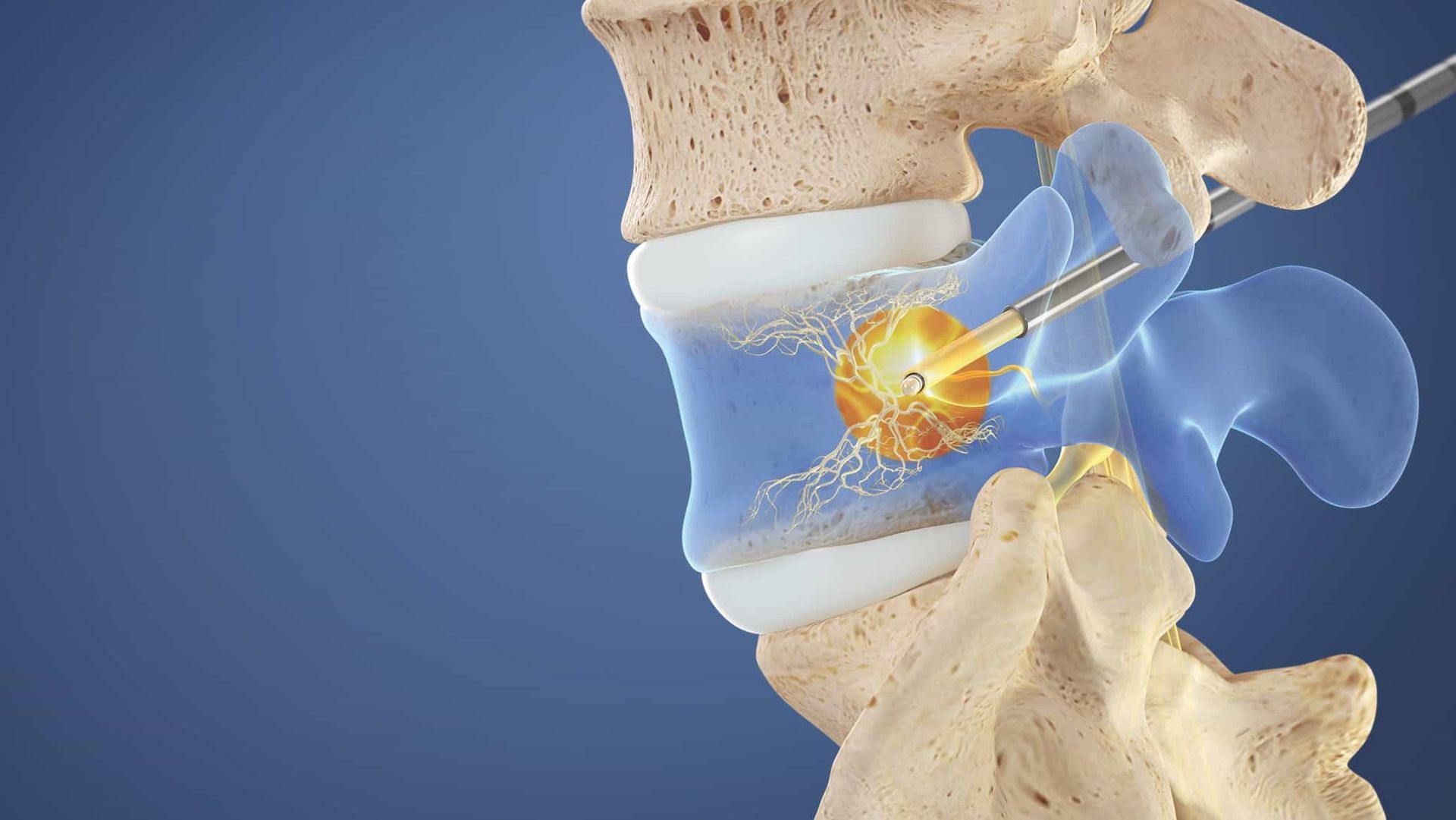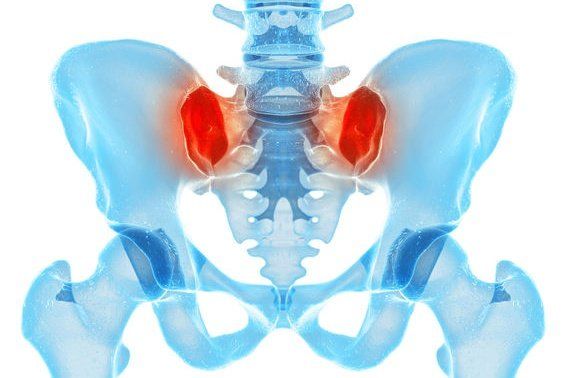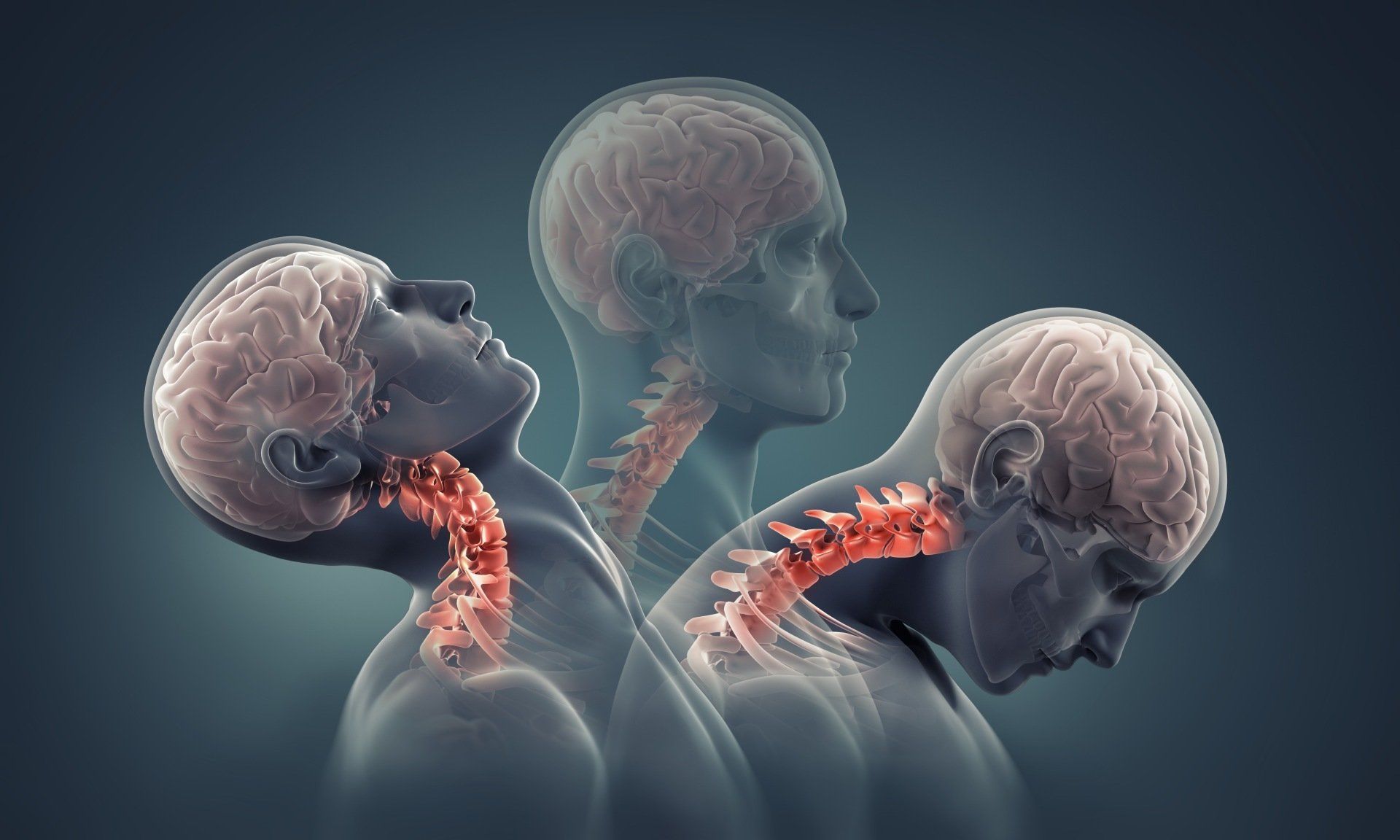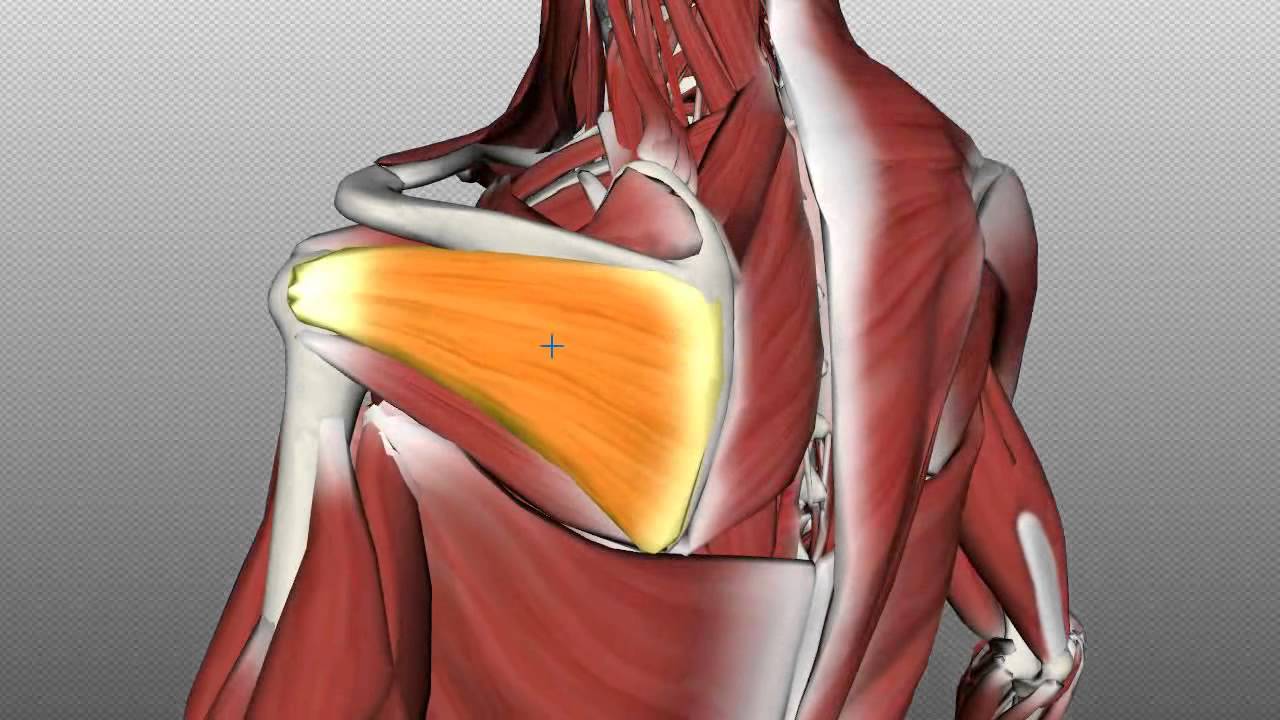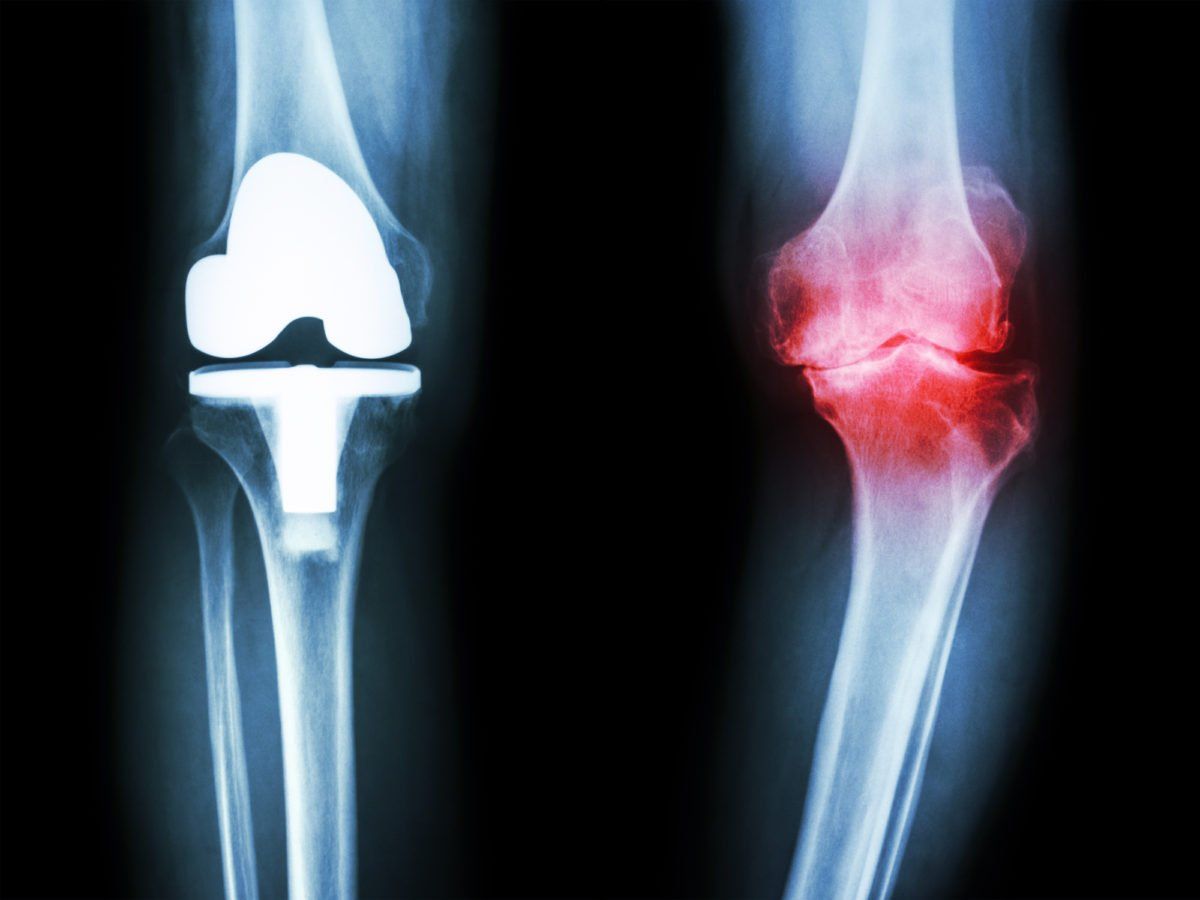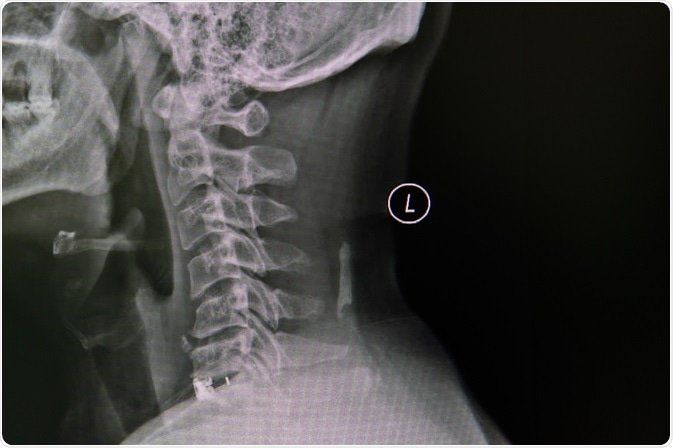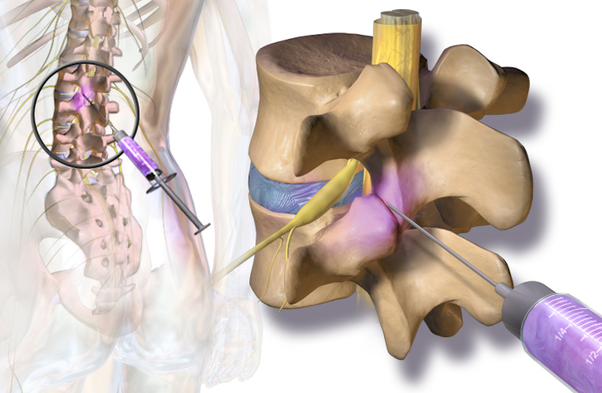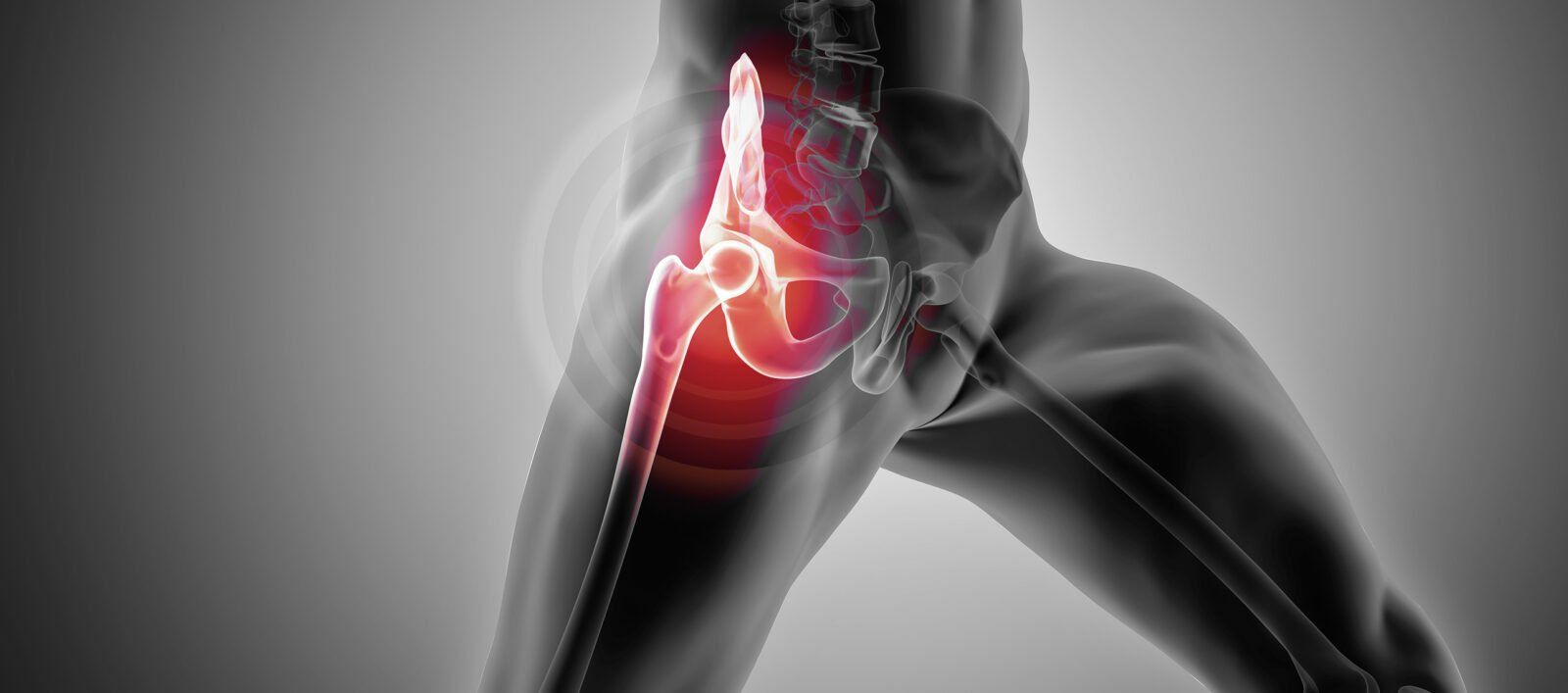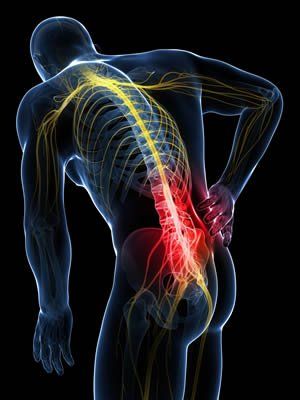Services
Risk of Osteoarthritis Linked to Finger Length Ratio
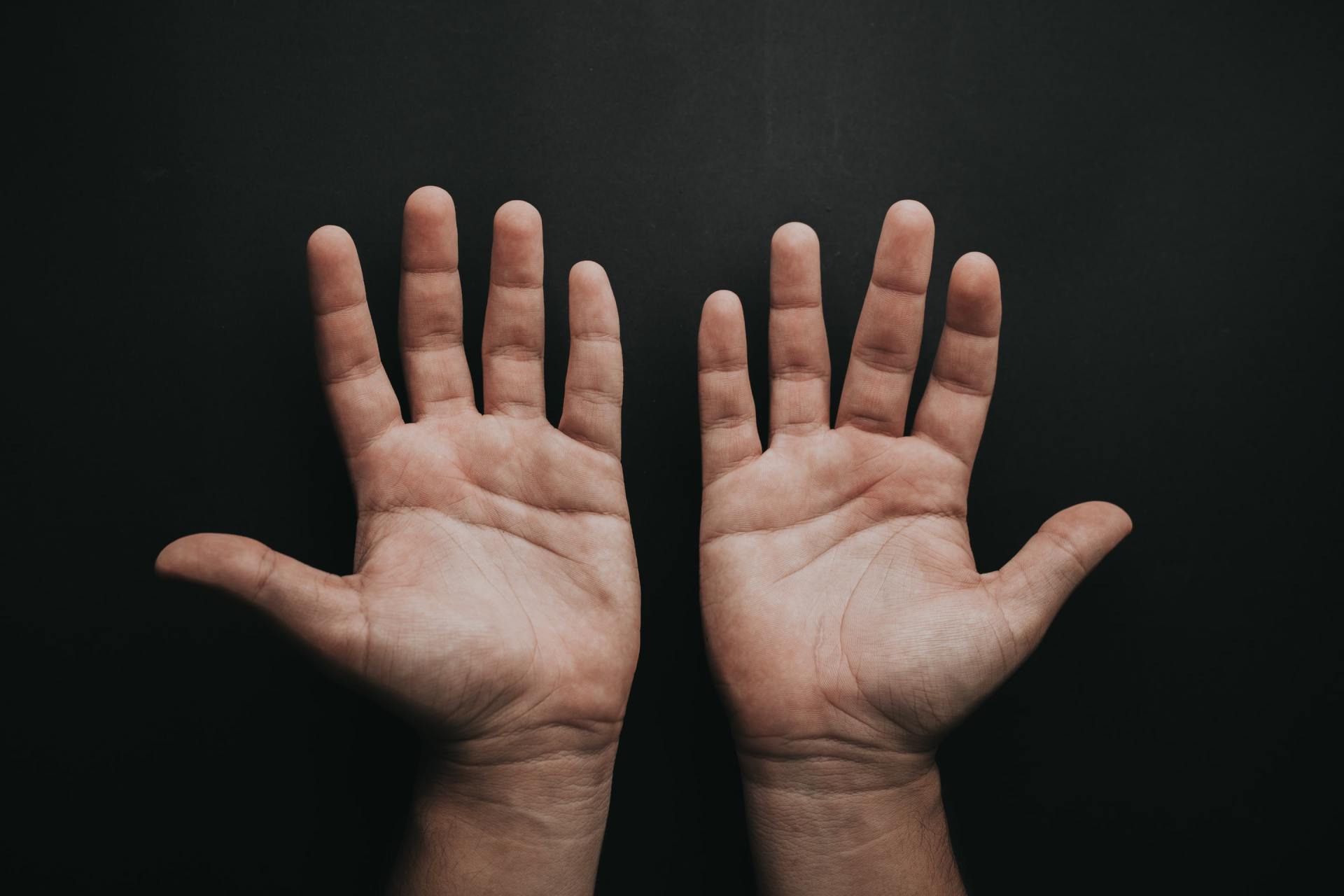
The University of Nottingham located in the United Kingdom published a study in 2008 which looked at the role that the length of people’s fingers may play in predicting osteoarthritis. The researchers at the University of Nottingham studied more than 2,000 people. The conclusion of the study was that people who have an index finger shorter than the ring finger are up to twice as likely to suffer from osteoarthritis. Osteoarthritis is a general term, which refers to degeneration of joint cartilage or the bone. This is most commonly associated with age, but some people develop it at an earlier age than others. This study seems to conclude that people who have a longer ring finger than index finger have a higher rate of developing osteoarthritis earlier than one would expect.
A more recent study published in March 2014 reported in the Oxford University Press demonstrated the same thing. In the Oxford University study published in the Journal of Rheumatology, they specifically looked at osteoarthritis of the knee and found that the lower the ratio of the second digit length to the fourth digit length, the higher the incidence of osteoarthritis in the knee and higher the need for a total hip replacement. The second study looked at 580 people and followed them over a 10.5 year period.
Interestingly, the ratio of the second digit to the fourth digit has hormonal connections. The amount of prenatal testosterone levels seems to account for having a fourth digit that is taller than one would expect. Other prenatal factors that effect the digit ratio are lower estrogen concentrations. Men typically have shorter second than fourth digits, and in women, the fingers tend to be equal in length.
Based on these studies, we can draw the conclusion that men probably have a higher risk of osteoarthritis than women; and that among both men and women, the ratio of the fourth digit to the second digit can be one predictor of osteoarthritis. However, this is only one factor, and components such as other genetics, family history, injuries and type of work are also contributors to osteoarthritis.
